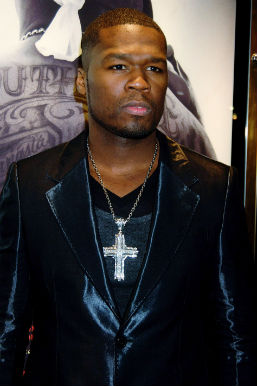It has legions of fanatic followers who support the brand with more vigour than you could hope to see from the most devoted of sports fans. No matter what the cost, when the latest iThing is released it’s pretty much guaranteed to sell out.
After whitnessing the mass hysteria that the release of the iPhone 6 caused earlier this year, it’s no surprise that according to a study of the world’s top 100 most valuable brands by leading consultancy Interbrand, Apple is top of the pile, ahead of the likes of Google, Coca-Cola, IBM and Microsoft.
Related:
EXCLUSIVE: Dubai’s Mall of the Emirates to get world’s biggest Apple store
The top 100 companies we would all love to work for
Why is the iPhone 6 made in China?
But this isn’t a list based on sales or profit. To be included in Interbrand’s rankings, a company must be truly global, having transcended geographical and cultural boundaries.
In quantifiable terms, that means it must garner at least 30 per cent of its total revenue from outside its home region; it must have a significant presence in Europe, North America and Asia; it must have an expectation of long-term growth and it must be transparent in publishing details of its financial performance. When compiling the rankings, three main things were taken into account:
1. Finances
While it’s not the only factor (otherwise the list would be made up solely of oil and gas companies and Chinese retail giants), finances play a pretty big part in deciding how a brand ranks overall, and with $37 billion in profit last year, Apple fits the bill.
2. Role of brand
This is where things start to get interesting and also where Apple it seems is head and shoulders above the rest. When a consumer makes a decision to buy a product, how much of that decision is down to the brand as opposed to other common drivers such as price, product features and convenience?
In the case of Apple, people will pay way over the odds and queue for hours to get their hands on one of its new products, which means the branding is a very important factor in their decision to buy.
3. Brand strength
Another point where Apple blows the competition out of the water, brand strength is the ability the brand has to create loyalty, therefore sustaining demand and profit for the long term.
A rendering of Apple’s futuristic HQ being built in Cupertino, California.
How do they do it?
There’s no global brand with more loyal fans than Apple, but how exactly do they do it? When trying to answer that question you could point at a whole host of factors such as the detailed planning, research, amazing products, marketing or advertising and yes, all of those are important, but the success of the brand really all boils down to one key thing: ambition.
On September 9, 2014, Apple CEO Tim Cook held up a leather wallet and said, “our ambition is to replace this.” Of course he was referring to Apple Pay - a service that enables consumers to buy items electronically using only their Apple device, which, as yet, hasn’t really taken off. However, at that same press conference he launched the company’s long-awaited Apple Watch, along with the new iPhone 6 and iPhone 6 Plus.
When you look at the range of products Apple has produced and all their uses, the vision behind them is very clear: the company is aiming to create its own ecosystem, where everyone’s actions - from making a phone call, to checking the time or even paying for something in a shop - are linked to an Apple device.
It’s clear that with its current strategy of creating that all-ecompassing ecosystem, Apple’s aim is for its products to become so ubiquitous that anyone who doesn’t own one and isn’t a part of Apple’s world will begin to become isolated from mainstream society, and will have no option but to buy into it to stop themselves from being left out.
Now this may seem quite extreme, but with the huge amount of finance behind it, a brand stronger than any other and new and exciting products coming out every year, there’s no reason why the Apple ecosystem won’t soon become a reality.
Creating its own ecosystem for its users to live by? That’s what makes Apple the world’s number one brand.
What do you think to the idea of an Apple ecosystem? Does it scare you or would you be happy to be a part of it? Let us know in the comments below.











SHARES
Comments